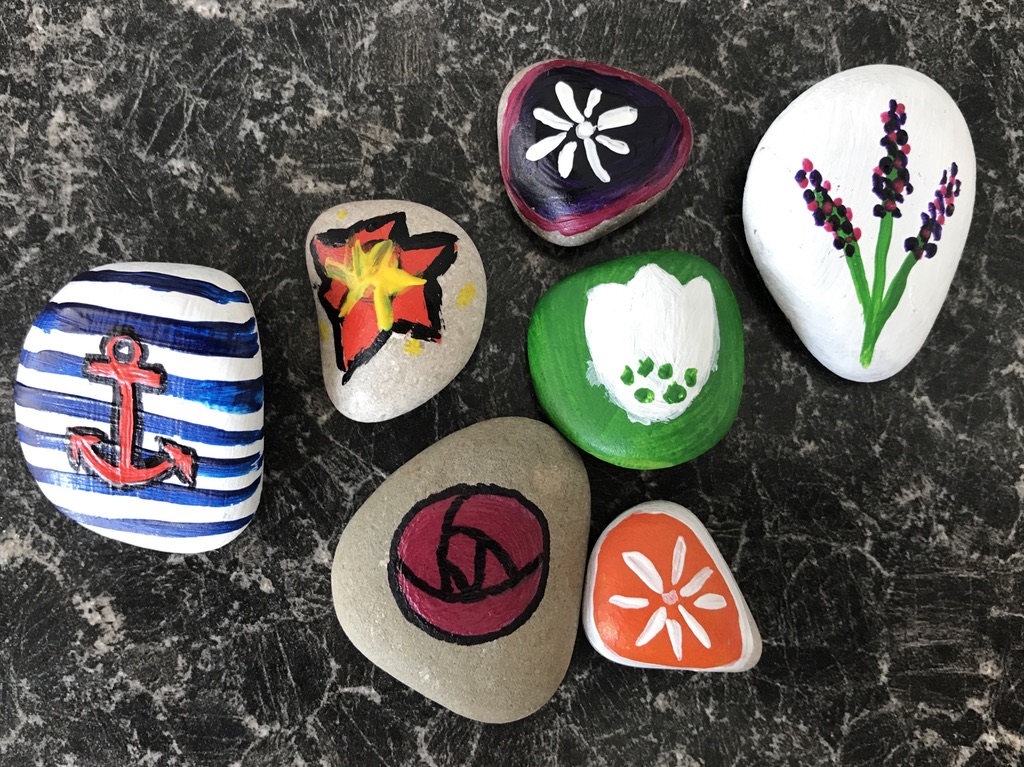Definition: The capacity to recover from difficult times
After the events of 2020 it wouldn’t be surprising if you are starting the New Year feeling low on resilience. During 2020, ‘resilience’ became an important word to me because I kept seeing examples of it everywhere I looked. I saw my family and friends soldiering on even when they didn’t want to. I saw businesses like my local bakery, cafes and gym constantly adapting to changes in government guidance. I also saw the resilience of fellow therapists and the clients who came to my virtual therapy room. Resilience takes courage, and focusing on the resilience I saw in others helped me to stay strong and keep going when I was struggling.
The New Year gives us an opportunity to reflect on the previous year and to make plans for the future. This year my plans are all about building resilience to help me to cope with the uncertain times which still lay ahead. I want to share my ideas with you in the hope that you too can go into 2021 feeling more resilient
Reflect
Start by making space and time to reflect on the events of 2020. How are you feeling at the moment? What is your mental and physical health like? Are there any areas you are struggling with? Anything which feels vulnerable?
Accept
Acknowledge how you feel and remember that it is human and completely understandable. The last year has been incredibly hard for everyone and it’s natural that you may feel a whole range of different emotions including (but not limited to) sadness, anger, loneliness, guilt and fear.
Reach out
Let your loved ones know how you are feeling – the old adage of ‘a problem shared is a problem halved’ has a lot of truth to it. You may also want to talk to a professional and I’d suggest starting with your GP. You could also look into your local NHS IAPT service or research private therapy options via the BABCP.
Recharge
When our resilience is low we need to recharge our batteries so try to get into a good sleep routine, relax with soothing music or an audio book, or try mindfulness. Whatever works for you!
Fuel up
Be mindful of what you are eating – try to go for healthy foods which are high in energy. Aim to get your ‘5-a-day’ and keep well hydrated. Avoid alcohol and illegal substances too as we know this only adds to depression and anxiety.
Touch
One of the most difficult things about social distancing has been not being able to hug loved ones. Touch is an important part of soothing ourselves and feeling more resilient. If it isn’t possible to have physical contact with loved ones look for alternatives to sooth such as stroking pets, self-massage, warm baths or enveloping yourself in soft blankets and comfortable clothing.
Gratitude
Directing our attention towards the things we are grateful for has been shown to improve our resilience and wellbeing. Notice what is going well in your life right now and reflect on what or who helped you to get through 2020.
Exercise
Regular exercise boosts our endorphins which in turn boosts feelings of resilience so get moving in whatever way works for you. This might be doing a workout at home, going for a run or walk or going to the gym.
Light a Spark
Get curious and try something new to bring a bit of spark into your life. You might want to consider voluntary work or a new hobby. During 2020 I discovered pebble painting, this was a great way to switch off and relax whilst being creative and spreading a little joy to others.

However you choose to boost your resilience as we move into the New Year I wish you lots of luck, health and happiness on your journey.

